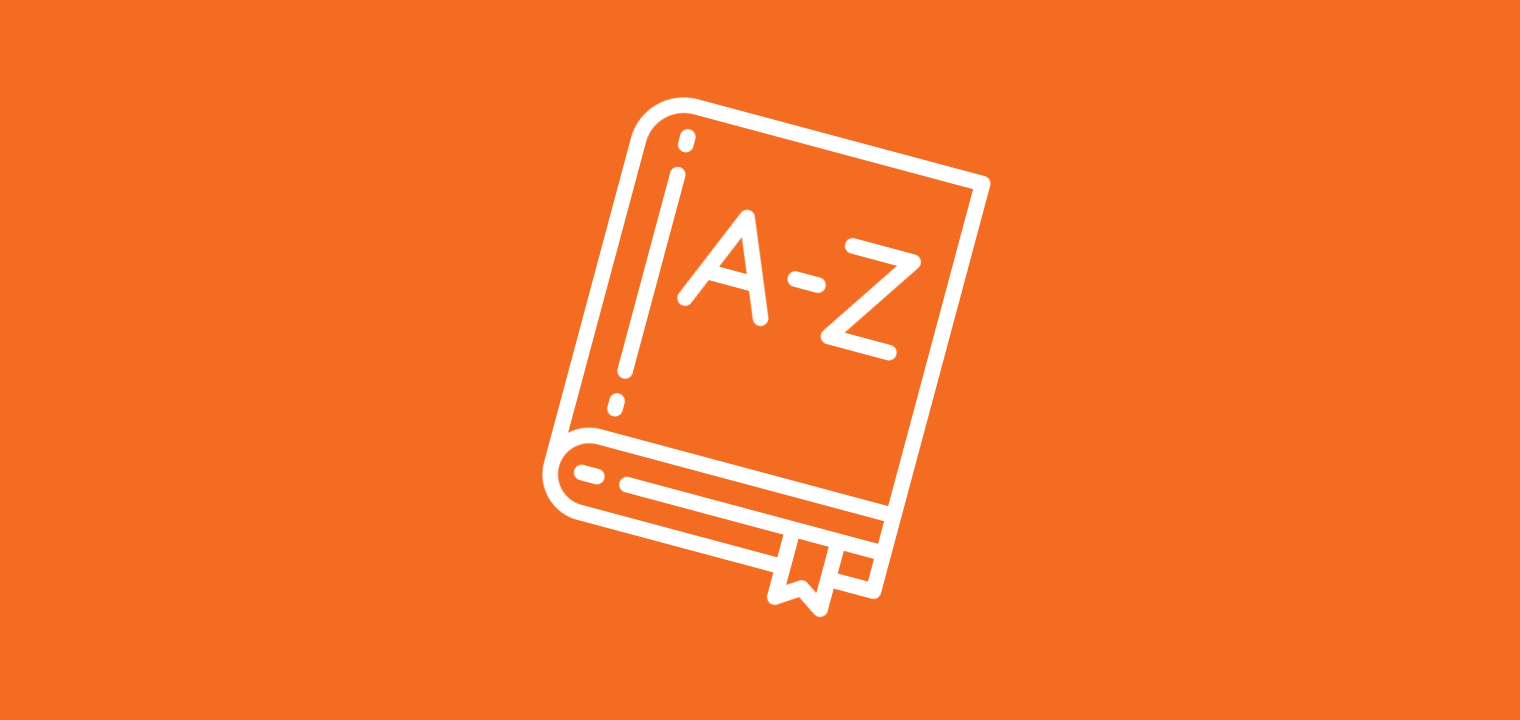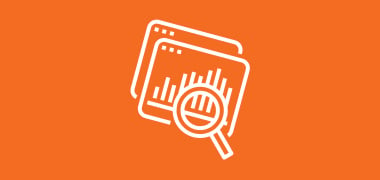
Glossary of Economics Terms
Added 25/11/24 -
3
min read
Understanding the terminology within economics is crucial to making informed decisions. To help you better navigate economic contexts, we have put together a simple glossary with relevant terms.
A
Aggregate demand
The total demand for goods and services in an economy at a given overall price level and within a specific time period. It includes consumption, investment, government spending, and net exports.
appreciation
An increase in the value of an asset or currency over time, often driven by market conditions or changes in supply and demand.
amortisation (loan)
The gradual repayment of a loan, typically through scheduled instalments over time, which include both principal and interest components.
B
balance of payments
A summary of all economic transactions between residents of a country and the rest of the world over a specific period. It includes trade, investment, and financial transfers.
base rate
The interest rate set by the Bank of England, serving as a benchmark for other interest rates, including mortgage products.
boom
A period of rapid economic growth and increased activity, often characterised by rising employment, consumer confidence, and spending.
C
consumer price index (Cpi)
A measure of inflation that tracks the average change in prices paid by consumers for a basket of goods and services over time.
Capital gains
The profit made when an asset, such as a property or investment, is sold for more than its original purchase price.
Credit score
An assessment of a borrower’s creditworthiness, based on their financial history, which lenders use to determine loan terms or whether to extend credit.
D
deflation
A decrease in the general price level of goods and services in an economy, often indicating weaker demand.
demand curve
A graphical representation of the relationship between the price of a good or service and the quantity demanded by consumers.
Disposable income
The amount of income left to an individual or household after taxes and essential expenses have been deducted.
E
Equity
The portion of a property’s value that is owned outright by the owner, calculated as the property’s market value minus any outstanding mortgage.
exchange rate
The value of one currency expressed in terms of another. For example, the number of pounds needed to buy one euro.
economic growth
An increase in the output of goods and services in an economy over time, often measured by the change in Gross Domestic Product (GDP).
F
fiscal policy
Government policies on taxation and public spending, used to influence economic activity.
fixed interest rate
An interest rate on a loan or mortgage that remains constant for a set period, providing certainty over repayment amounts.
free market
An economic system in which prices are determined by supply and demand, with minimal government intervention.
G
gross domestic product (gdp)
The total value of all goods and services produced within a country over a specified period, used to measure economic performance.
gearing
The level of a company or individual’s debt in relation to their equity or assets.
government bond
A type of investment where you lend money to the government in exchange for regular interest payments, often seen as a safe option for investors.
I
inflation
The rate at which the general level of prices for goods and services rises eroding purchasing power over time.
interest rate
The cost of borrowing money or the return on savings, expressed as a percentage. Central banks often set base interest rates, which influence wider market rates.
investment
The allocation of money or resources to an asset with the expectation of generating a return, such as property or stocks.
L
liquidity
The ease with which an asset can be converted into cash without affecting its market price.
loan-to-value ratio (ltv)
The proportion of a property’s value that is financed through a mortgage, expressed as a percentage. For example, a £200,000 mortgage on a £250,000 home has an LTV of 80%.
M
monetary policy
Actions taken by a central bank, such as adjusting interest rates, to influence money supply and achieve economic goals like controlling inflation.
market value
The price a property or asset would fetch in the open market.
mortgage-backed security (mbs)
A security or loan, where mortgage assets are used as collateral.
R
recession
A period of economic decline lasting at least two consecutive quarters, typically characterised by reduced GDP, employment, and consumer spending.
remortgaging
The process of switching a mortgage to a new lender or product, often to secure a better interest rate or release equity.
reserve bank
Another term for the central bank, such as the Bank of England, which oversees monetary policy and financial stability.
S
stamp duty land tax (sdlt)
A tax paid on property purchases in England and Northern Ireland, with rates varying based on the property price.
supply curve
A graphical representation of the relationship between the price of a good or service and the quantity supplied by producers.
subprime lending
Loans offered to borrowers with lower credit ratings, often at higher interest rates to offset the increased risk.
U
unemployment rate
The percentage of the labour force that is actively seeking work but unable to find employment.
underwriting
The process by which lenders assess the risk of providing a loan or mortgage, taking into account factors such as credit history and income.
W
wealth effect
The tendency for people to spend more when their perceived wealth increases, such as through rising property or stock market values.
wage inflation
An increase in wages across the economy during a specific time period, which can contribute to overall inflation if not matched by productivity growth.
For more insights on economics in the mortgage industry, check out our Economics 101 section by our expert Max Shepherd.
Get notified of new content
Related Content
.jpg)
Your step-by-step guide to hosting a mortgage workshop
by Jeremy Duncombe
Added 08/05/25 - min read

Glossary of Economics Terms
by Jeremy Duncombe
Added 25/11/24 - min read

Importance of data analytics in improving sales performance
by Jeremy Duncombe
Added 19/09/24 - min read

Latest Blogs
.png)
2026 Mortgage Outlook: Regulation, Relationships and Real Opportunity
Added 08/01/26 - 3 min read
.png)
The UK Mortgage Market: A Year of Progress, Pause and Potential
Added 18/12/25 - 3 min read
.png)
Economics 101: A Calm Signal in a Noisy Market
Added 11/12/25 - 3 min read
Want to contribute to the Growth Library?
Get in touch with our Editorial Team here




